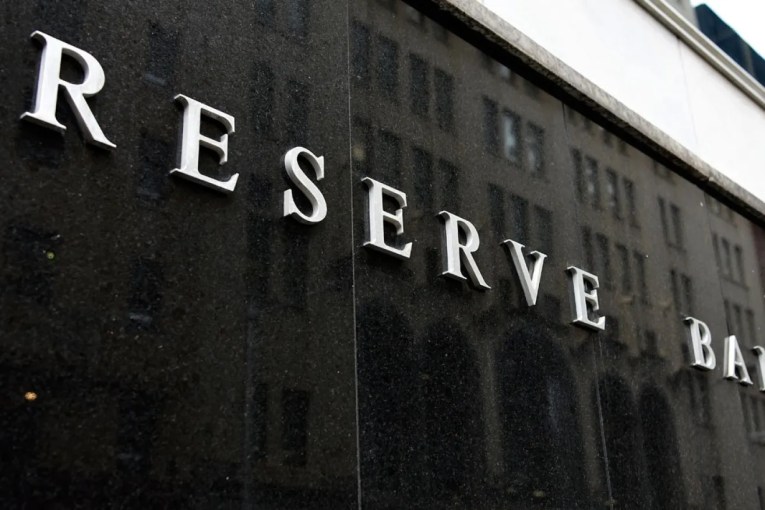Are you better off renting?
Is housing overvalued?
It’s not only the question on everyone’s lips, but it’s also the title of a research discussion paper published by the Reserve Bank of Australia on Monday.
But don’t expect to find a definitive pointer to whether housing prices will continue rising in line with the 11 per cent annual gain for mainland capital city housing prices reported on on Monday by RP Data, stagnate, or turn down.
• Why the Australian dream must be bigger than home ownership
The paper, by RBA economists Ryan Fox and Peter Tulip, represents the views of the authors, and “not necessarily” the RBA.
But such papers are often a good guide to the sort of things being looked at closely by the central bank.
The paper asks as its starting point whether it would be better to rent than to buy a home.
If it’s cheaper to rent than to buy, taking into account interest and other costs as well as expect capital gain from rising prices, then housing is overvalued.
Since 1995, housing prices have risen in real terms – that is, over and above consumer price inflation – by a bit less than 2.5 per cent.
“If this rate of appreciation is expected to continue then our estimates suggest that houses are fairly valued,” Tulip and Fox concluded.
But, as they acknowledge, forecasting housing prices is a business plagued by uncertainty and “many observers have suggested that future house price growth is likely to be somewhat less than this historic average,” they said.
“In that case, at current prices, rents, interest rates and so on, the average household is probably financially better off renting than buying.”
In other words, housing prices are not overvalued if prices are going to rise at the average rate.
But they are overvalued if price rises, in retrospect, turn out to be slower than normal.
The authors say their measures of overvaluation may help to predict future house price growth, but that is yet to be tested.








